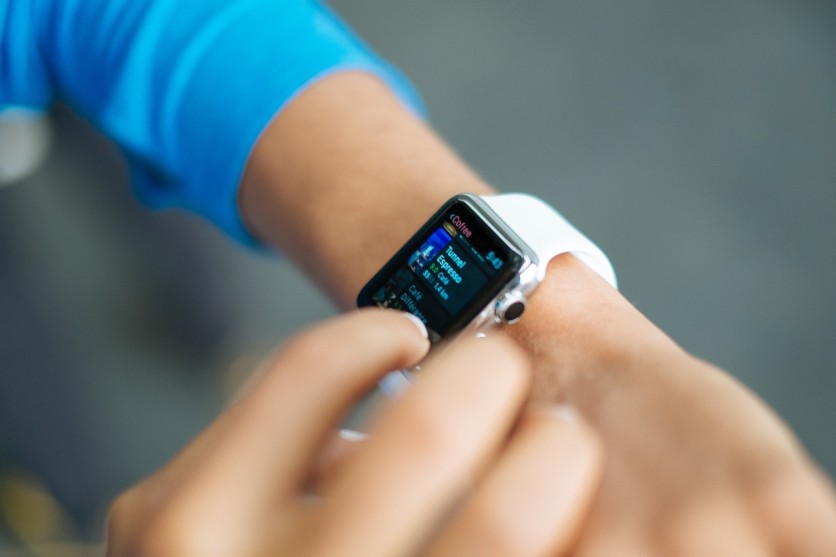Could your Fitbit or Apple Watch detect infection with the coronavirus before symptoms begin? Researchers are increasingly considering such apps and similar wearables as a potential early warning system for the deadly COVID-19. The researchers suggest that wearables monitoring health vitals may be the way out of the coronavirus pandemic, killing more than half a million people worldwide.

Hence, experts have developed an algorithm that works to spot Covid-19 infection in wearers of a smartwatch - but cautioned that it needs fine-tuning before it's accurate. Such a method would help curb the spread of the virus because it will catch infected people as early as possible and reduce the number of people they transmit the virus to while they become contagious.
From recreation to medicine
The latest research highlights how specific wearable devices - initially developed for use in health and recreation - may be adapted for critical medical research.
Scientists say wearables can be used as diagnostic tools to provide data on body temperature, heart and respiratory rates, sleep and activity patterns, and other indicators.
Apple has started research into how its smartwatch can identify heart problems. And Fitbit has partnered with some 500 different cancer, diabetes, respiratory, and other health research initiatives.
The watch technology will monitor heart rate and skin temperature, and some other part of their physiology signals of infection or another ailment. Several offer the added advantage of sleep monitoring.
"Smartwatches and other wearables make many, many measurements per day - at least 250,000, which is what makes them such powerful monitoring devices," said Michael Snyder, a Ph.D., professor, and chair of genetics at the Stanford School of Medicine.
He said the algorithms could help people determine if they should stay home if their body is fighting off an infection.
Here's how it works
Stanford University researchers announced plans in April to engage in wearables work for COVID-19 and other diseases, in conjunction with Scripps. They have also launched the Coronavirus Wearables Study this year to research whether wearables can be used to detect if someone has COVID-19 before showing any symptoms.
They were able to analyze data from 31 people who had contracted the infection and used Fitbits. The results indicated that the virus is observable before it takes hold.
Throughout 80 percent of cases, they found improvements throughout the heart rate, the number of steps taken and sleep was apparent.
In some instances, signs of infection were apparent nine days before the start of tell-tale symptoms of cough, fever, or loss of taste and smell.
Infallible system
The study was led by research scientist Tejaswini Mishra, who said smartwatches might be useful in detecting if somebody's typical health parameters are incorrect.
However, it isn't an infallible system: it won't catch anyone with the virus. Usually, those with illnesses that are not detected appear to be people with respiratory problems, such as extreme asthma, which may throw off their baseline criteria.
Tech companies have also worked to make their products more useful to detect suspected COVID-19 infections. Apple and Google launched a collaborative COVID-19 initiative to help the government and health agencies develop applications to monitor and track people who may have been exposed to the virus. The Exposure Notification system would allow the phones of iPhone and Android users to record and warn the people they have come into contact with if they are subsequently infected with COVID-19.
ⓒ 2025 TECHTIMES.com All rights reserved. Do not reproduce without permission.




